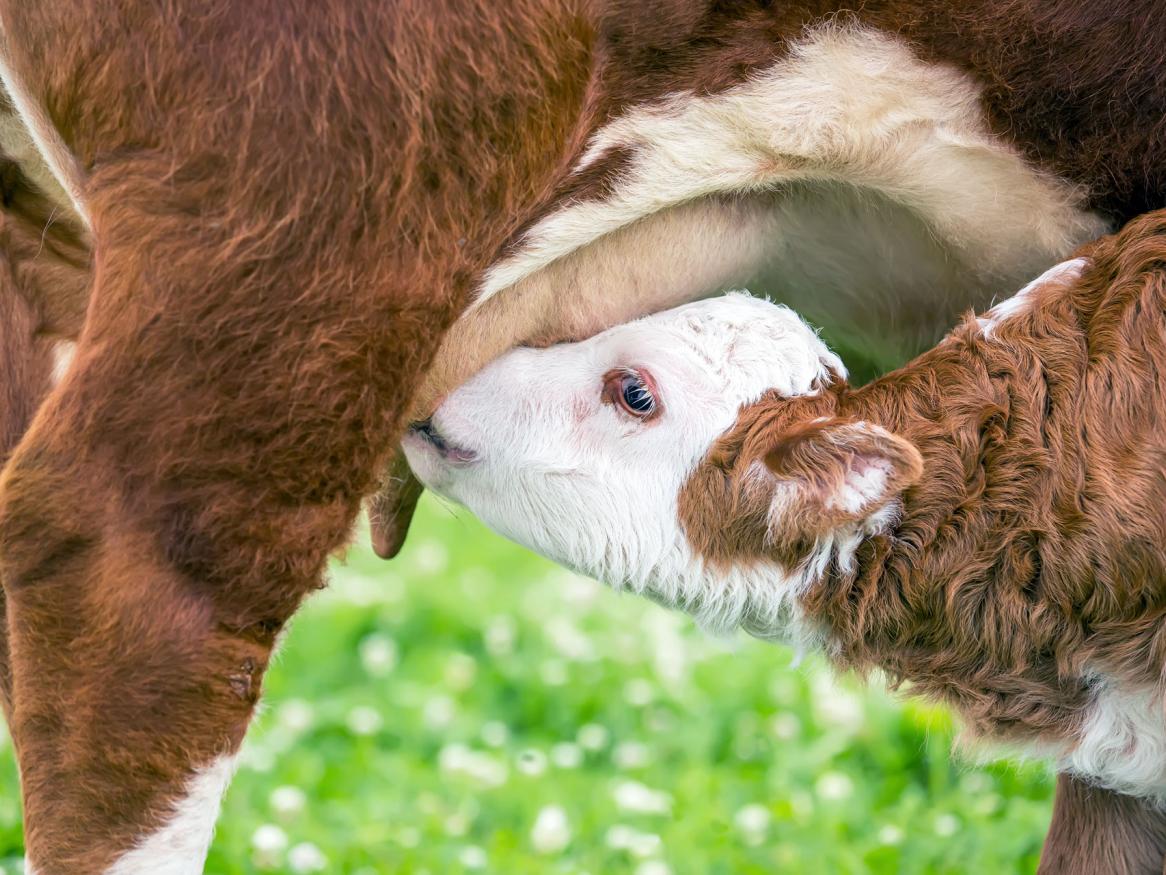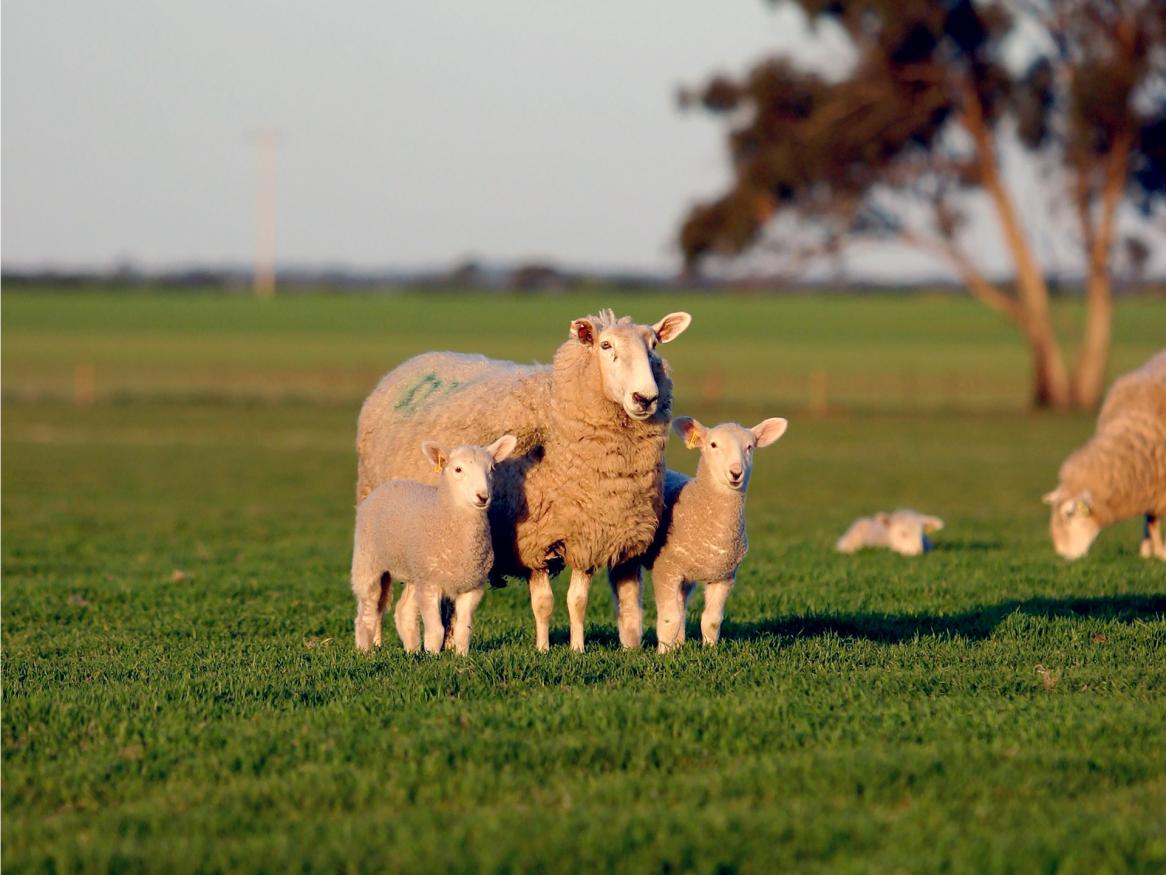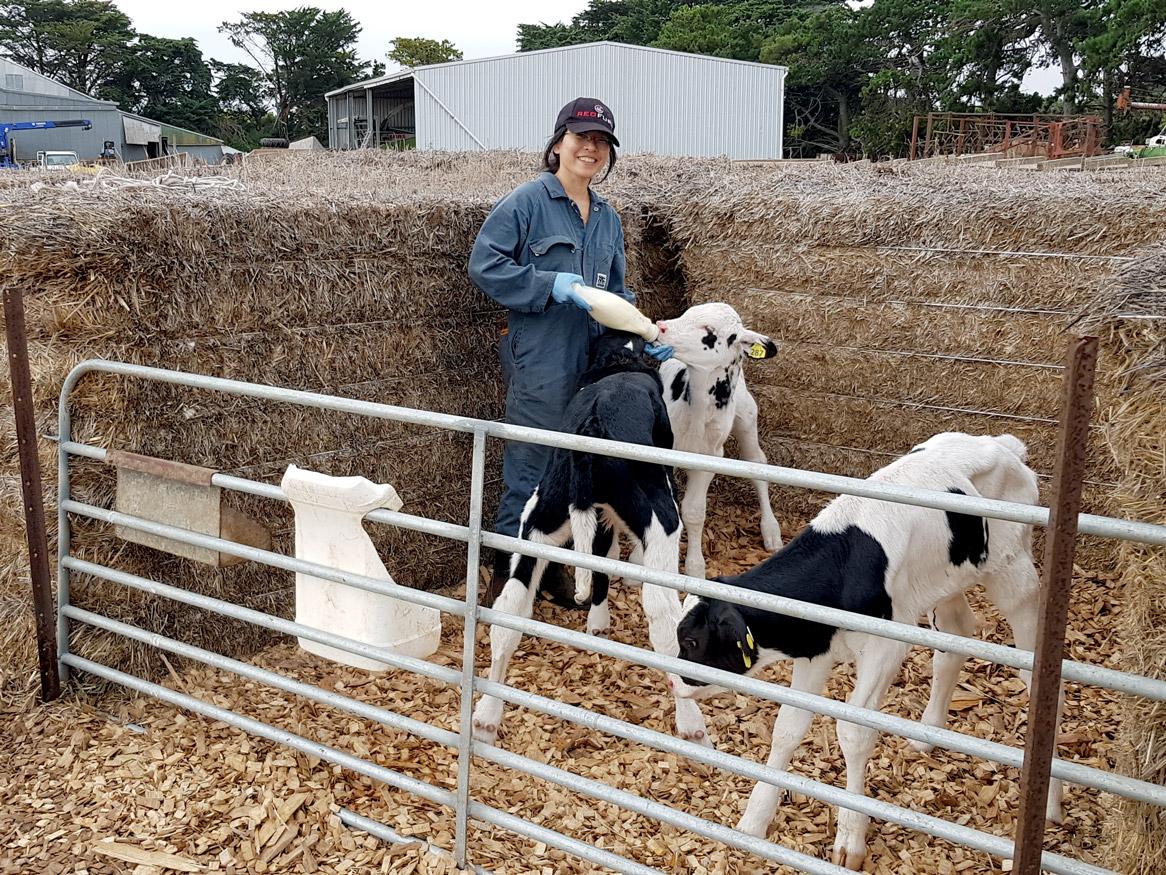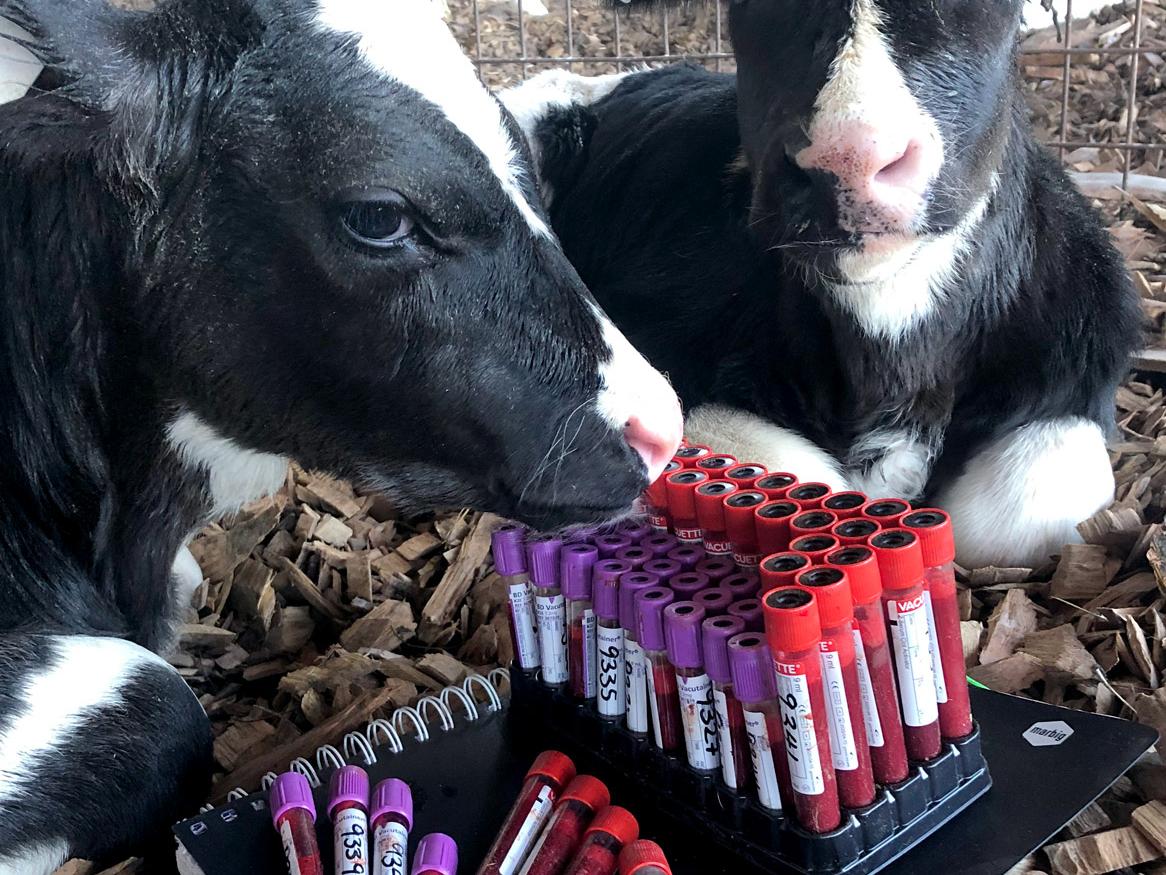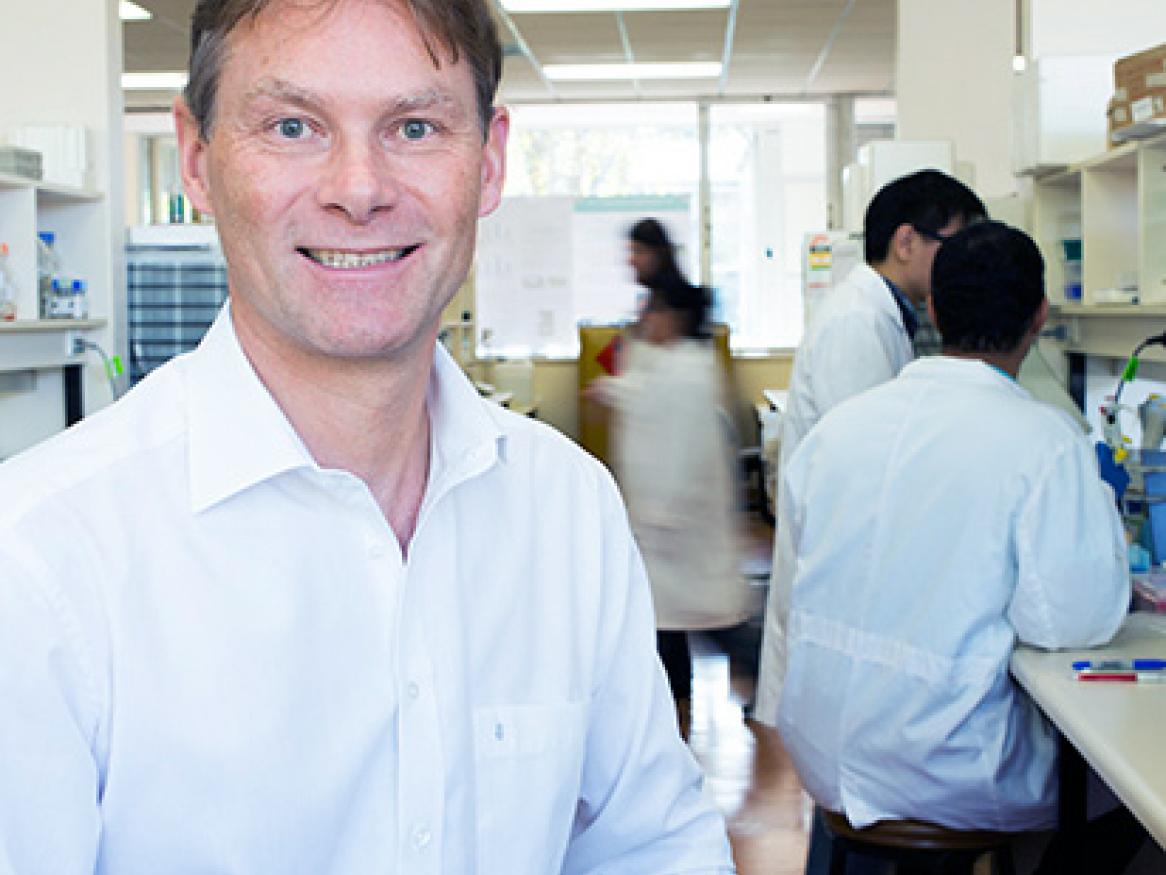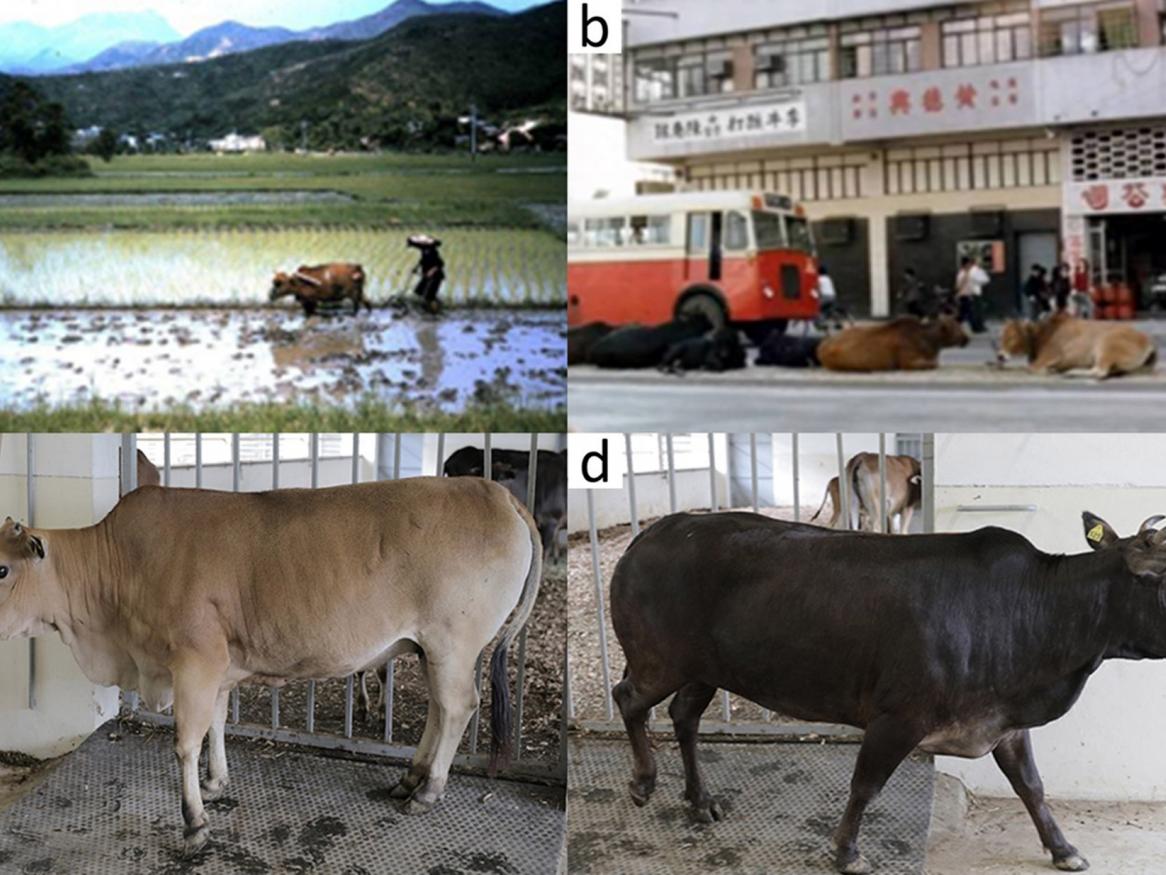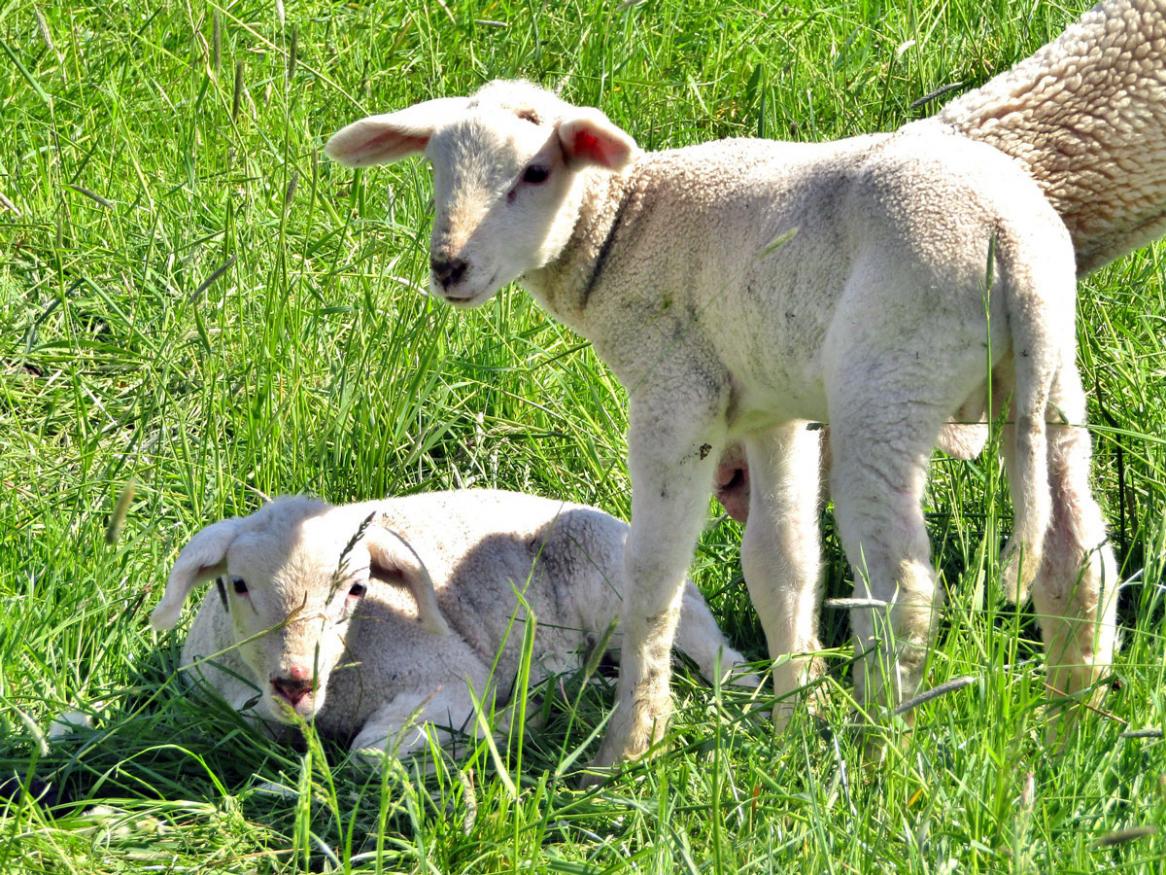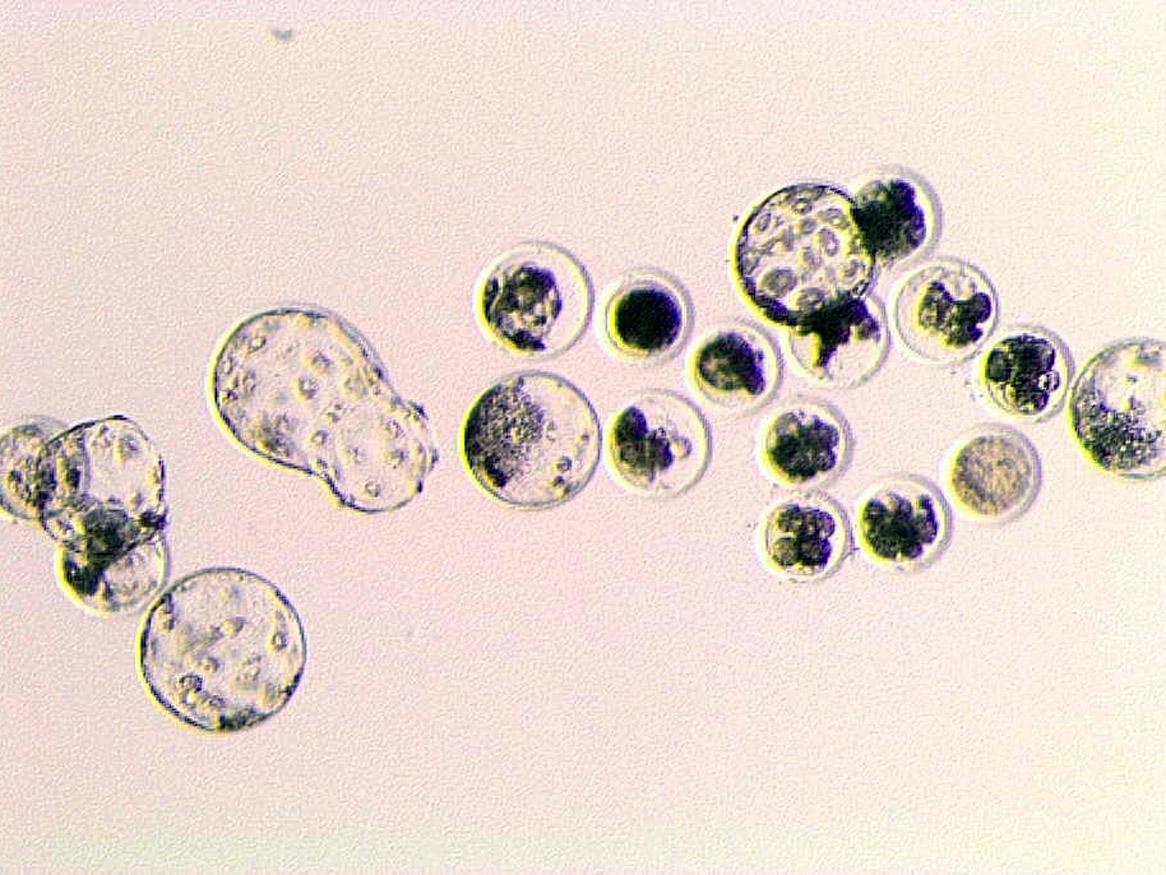Home
The Davies Livestock Research Centre delivers excellence in ruminant science to ensure the sustainability of the red meat industry.
We conduct multi-disciplinary research to answer scientific questions and respond to industry challenges with the end goal being to optimise animal productivity, product quality and wellbeing. To do this the centre brings together experts in animal breeding, genetics, physiology, reproduction, genomics, bioinformatics, biochemistry, physics and engineering.
The Davies Livestock Research Centre delivers cutting edge, competitive science to improve the growth of the ruminant livestock sector by:
- Being national industry focused and internationally connected.
- Supporting the development of next generation capabilities and practices through high quality, collaborative, and trans-disciplinary research programs.
- Leveraging the extensive experience within the Davies Livestock Research Centre to translate research into practice.
Case studies
How are the different immune components in colostrum absorbed by neonate calves?
We investigated the different immune components in colostrum and their absorption by the neonate calf to help producers manage calf health and their long-term production.
Read more about How are the different immune components in colostrum absorbed by neonate calves?How does colostrum affect dairy cow productivity?
Our research shows that calves perform just as well with foster colostrum as they do with maternal colostrum.
Read more about How does colostrum affect dairy cow productivity?Essential resources: A globally unique bovine embryo and fetus collection
The harsh Australian environment and a changing climate require the combination of traits from both subspecies to secure national and global meat and milk production.
Read more about A globally unique bovine embryo and fetus collectionWhere do Hong Kong’s feral cattle come from?
We analysed genotypes of Hong Kong's feral cattle population to determine their origin.
Read more about Where do Hong Kong’s feral cattle come from?How does heat stress affect sheep reproduction?
We assessed the effects of heat stress and predicted climate change on reproductive performance of Australian sheep.
Read more about How does heat stress affect sheep reproduction?How can assisted technologies be used to improve herd reproductive potential?
We show that variation in cow and ewe fertility influences the reproductive efficiency of herds/flocks and the success of embryo collection and transfer programs.
Read more about How can assisted technologies be used to improve herd reproductive potential?Latest news
30
Aug
Celebrating the life and legacy of John Stanley Davies
The University of Adelaide is celebrating the life and legacy of John Stanley Davies, who bequeathed the organisation $2 million in property after his death in 1968, with an event happening on 17 August at the District Hall in Spalding.
21
Jan
New director for SA Drought Hub
The South Australian Drought Resilience Adoption and Innovation Hub has announced the appointment of the University of Adelaide’s Dr Stephen Lee as its Director.
30
Sep
Breakthrough AgTech to improve lamb meat quality
In the sheep meat industry, the amount of intramuscular fat is a key indicator of eating quality, but can be particularly difficult to measure in lamb carcases, which are not individually graded.. until now.
4
Aug
New ARC grants to bring benefits to meat, hemp and mining industries
Almost $2 million in new funding is set to advance research into red meat, hemp and mining.
15
Mar
Virtual reality teaching students cattle handling skills safely
University of Adelaide students are learning animal handling skills using virtual technology.

